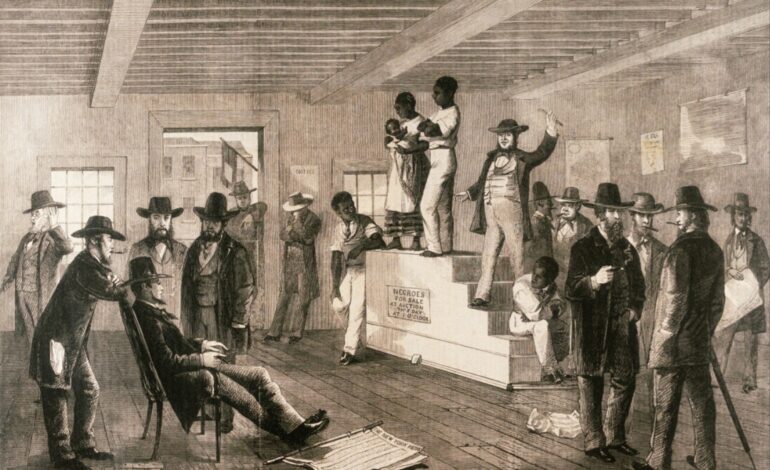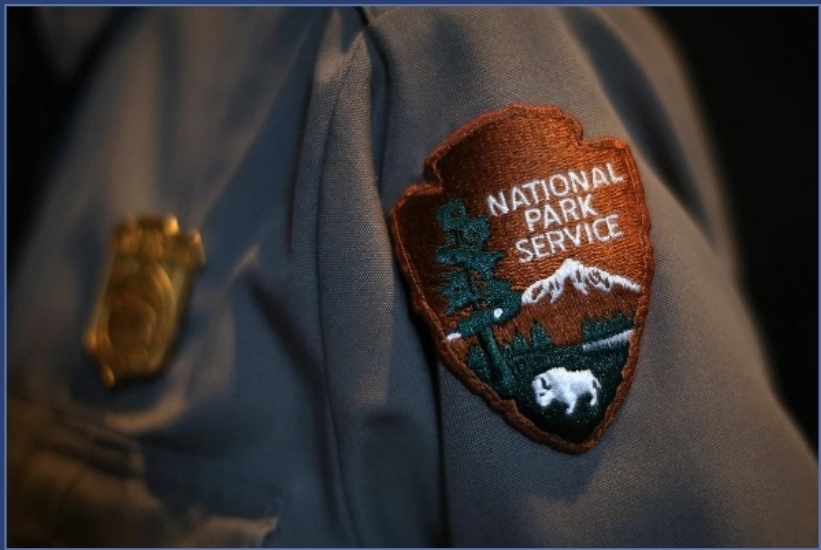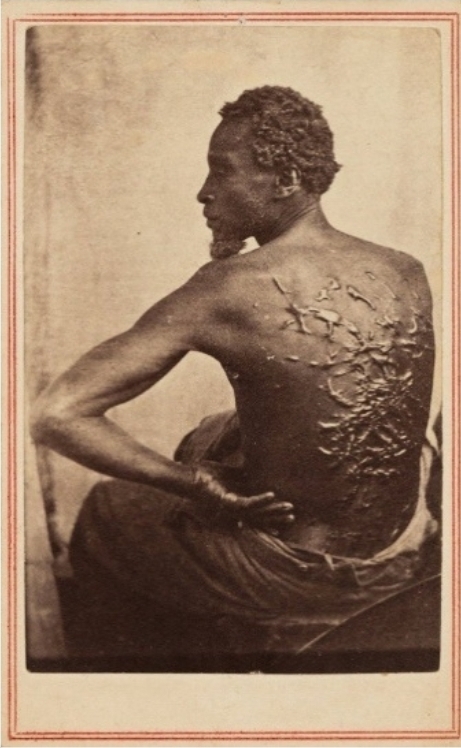
Wayne Lumbasi
The U.S. National Park Service (NPS), long seen as a guardian of America’s historical memory, is facing mounting pressure to review and potentially remove materials that address slavery, Indigenous history, and other painful chapters of the nation’s past from its museums, visitor centers, and gift shops.
This stems from a directive issued under President Donald Trump’s administration and enforced by the Department of the Interior, requiring park units to inventory signage, exhibits, websites, educational materials, and retail products to flag content deemed “disparaging to Americans,” including references to racism, sexism, colonialism, and enslavement.

National Park Service /Courtesy/
National Park Service employees were required to report items for review by last week.
Among the items reportedly under scrutiny are The 1619 Project, picture books by former Interior Secretary Deb Haaland, and works examining George Washington’s relationship with slavery. Even interpretive panels depicting escape routes, punishments of enslaved people, and Indigenous displacement have been flagged. Gift shops at Fort Sumter, Liberty Square, and the Charles Pinckney Historic Site have been asked to review inventories, sparking fears that entire sections on African American and Native American history could disappear or be watered down.

The 1619 Project /Courtesy/
The 1619 project/Washington post/Historians, educators, and cultural groups argue that the policy amounts to political interference in historical interpretation, threatening to sanitize essential truths. They warn that stripping away such content undermines the National Park Service’s mission to educate the public accurately and risks leaving visitors with a distorted view of American history.
Supporters of inclusive programming counter that these materials are vital for understanding the nation’s complex past and fostering civic responsibility.

The Scourged Back,” depicts a formerly enslaved man named Gordon (also known as Peter) who escaped from a Louisiana plantation during the American Civil War /Courtesy/
As the directive unfolds, park staff find themselves caught between federal orders and their professional duty to present history honestly, highlighting a broader national struggle over how America’s past should be remembered and taught.
As the directive unfolds, park staff find themselves caught between federal orders and their professional duty to present history honestly, highlighting a broader national struggle over how America’s past should be remembered and taught.
RELATED
A BAN ON BANNING BOOKS – USA
INDEPTH: NIKOLE HANNAH-JONES DITCHES UNC FOR HOWARD UNIVERSITY








